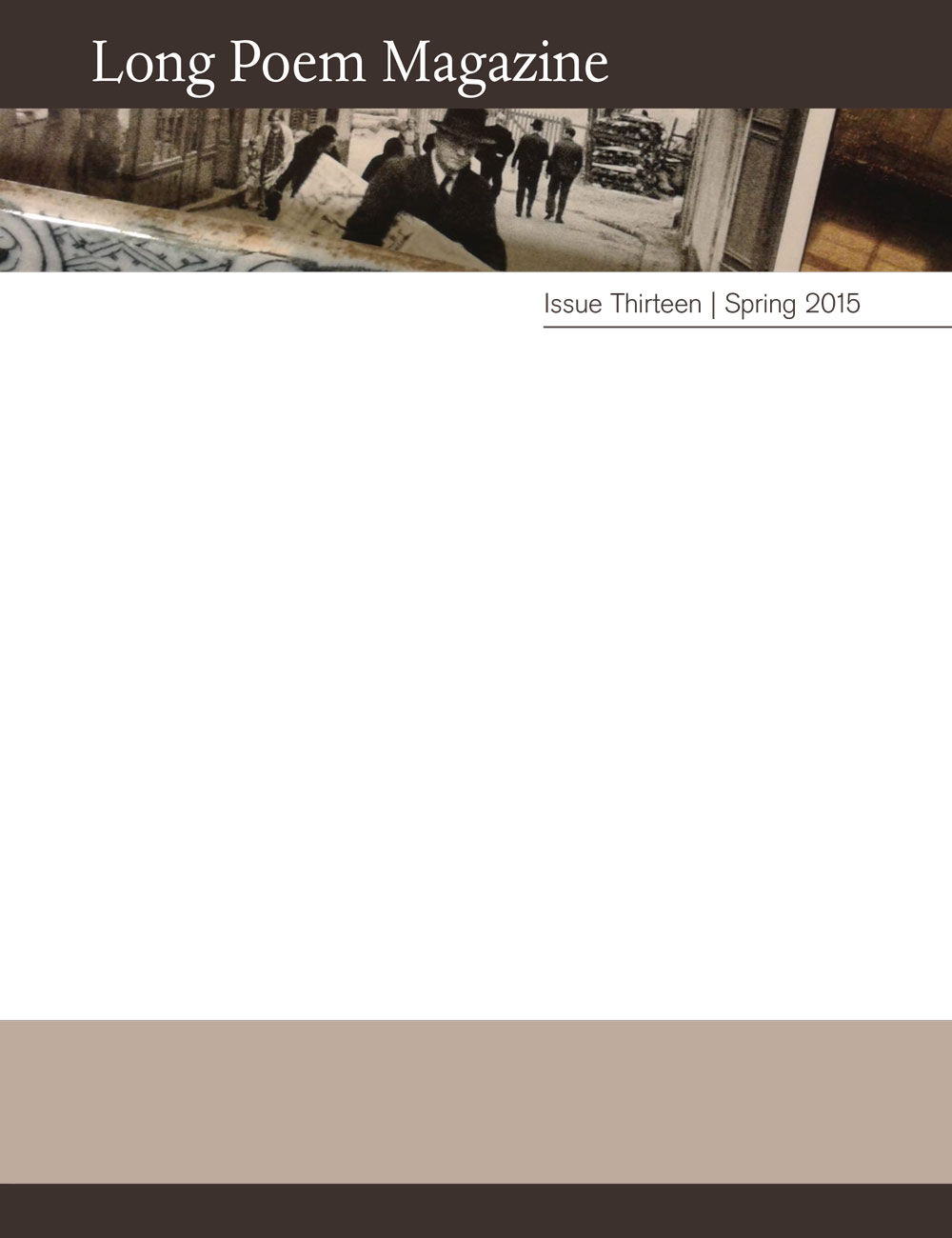Last autumn Linda and I attended two poetry festivals. In October Tears in the Fence celebrated their 30th Anniversary with a three-day event in Stourpaine, Dorset. Then in November, our annual Cambridge launch (in association with the Fitzwilliam College Literary Society) was part of the inaugural week-long Cambridge Poetry Collection Festival. The first was held in a large marquee next to a marvellous 18th century village pub, the second in various Cambridge colleges. Both were welcoming, stimulating, challenging and fun. So I thought I’d ask our poets what they value most about festivals as organisers, participants or audience members.
Many have experienced all aspects – indeed, for Jay Ramsay, ‘you don’t really know much about a festival until you’ve organised one’ and, he adds poetically, ‘festivals are floating communities in a floating world’. Jay organised five Angels of Fire festivals in London theatres in the Eighties and, like Jay, most organisers mentioned the ups and downs, the vagaries of circumstance. Co-organiser of the Exeter Poetry Festival, Alasdair Paterson, says: ‘I’ve learned what a long, painstaking and nerve-jangling (but not thankless) process planning and delivering a festival can be – the juggling of venues and finances, hotels and publicity, catering and, oh yes, poets’.
The importance of sound financial backing and management featured in most responses, as did that of paid expenses and fees. Many replies also focused on the quality of atmosphere at the best events. Lawrence Sail, who co-directed the 50th Cheltenham Festival of Literature, speaks of the ‘shared silence that an attentive audience generates’ and, as a member of that audience, ‘when you seem to have been drawn into a private conversation’ and ‘the excitement when an event turns out to be more than the sum of its parts’. So what ingredients make for an excellent festival? According to Richard Berengarten, who founded the international Cambridge Poetry Festival in 1973, the pot must include ‘a magnanimous vision of community, a spirit of intellectual curiosity, adventure and ambition; a variety of events and activities that bring together differing tastes and interests’.
Large or small, not all feasts are palatable. For example, concludes Richard, those that ‘serve mainly as publicity vehicles for celebrities’. Will Stone admits to ‘a vague nausea at the idea of poetry as a choreographed march past, a series of readings as at a conference, the poets in the front row being called up one after another as if to be baptised or given a scroll’. Ric Hool favours the ‘smaller, intimate and idiosyncratic festivals which can produce greater depth and hold audiences far closer to readings and discussion of those readings. Big poetry festivals demonstrate a profound expression of capitalism’.
It’s clear that smaller events can be more amenable for poets who consider their writing to be outside fashionable trends. For Geraldine Monk ‘universities are an essential outlet for poets like myself who are not thought populist enough to be invited to most of the festivals’. Aidan Semmens declares his writing ‘very much a minority interest – a niche within a niche’ and feels included by smaller events ‘where the chief pleasure is mixing with likeminded friends’.
Opportunities for travel are important for poets such as Steven Fowler: ‘My website is full of my very detailed reports and documentations from festivals in Iraq, Mexico, Serbia, Bulgaria and so forth. It has become part of my creative work, and my purpose, to gain these experiences they are inspiring, beautiful, challenging things’. Maria Jastrzębska also receives more invitations to festivals abroad than in the UK. ‘At the Helsinki Runokuu – Poetry Moon – Festival we were treated as royalty, while when the Finnish poets came here, embarrassingly, we just didn’t have the funding to reciprocate in the same way.’ Finances aside, it’s to be hoped we might return from all festivals in the spirit of Gerrie Fellows: ‘exhilarated, excited by words, richer in language and forms. I come home alive with voices, alive with poems.’
Lucy Hamilton, April 2015
